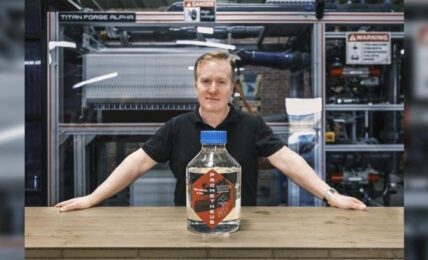Lawmakers in the European Parliament voted 593-21 on Wednesday to adopt a new anti-greenwashing law banning a series of commercial practices, including the use of unproven generic product claims such as “environmentally friendly,” or “climate neutral,” or marketing a product as having a reduced environmental impact based on the use of emissions offsetting schemes.
The agreement follows the release in March 2022 by the EU Commission of a set of proposals to amend the EU’s existing rules aimed at protecting consumers from unfair commercial practices such as untruthful or aggressive advertising and providing consumers with information on products, to include considerations relating to the green transition. A recent study by the Commission found that more than half of green claims by companies in the EU were vague or misleading, and 40% were completely unsubstantiated.
Key aspects of the new law include rules aimed at making product labels clearer by banning the use of generic environmental claims not backed up with proof, and the regulation of sustainability labels to allow only the use of those based on official certification schemes or established by public authorities. The law will also ban the use of claims based on offsetting schemes that indicate that a product has a neutral, reduced or positive impact on the environment.
The new law also includes rules focused on product durability, requiring guarantee information on products to be more visible, and mandating the creation of a harmonized label to give more prominence to goods with an extended guarantee period, as well as banning unfounded durability claims, prompts to replace consumables earlier than strictly necessary, or presenting goods as repairable when they are not.
The new legislation must now be approved by the EU Council, which reached a provisional agreement in September with Parliament on the proposals, before passing into law. Once published in the EU’s Official Journal, member states will have 2 years to integrate the rules into national law.
In addition to the new law, the EU Commission has also proposed a “Directive on Green Claims,” to protect consumers from greenwashing, aimed at establishing a new set of rules requiring companies to substantiate and verify their environmental claims and labels.
Following the MEP’s vote, Parliament’s rapporteur Biljana Borzan said:
“This law will change the everyday lives of all Europeans! We will step away from throwaway culture, make marketing more transparent and fight premature obsolescence of goods. People will be able to choose products that are more durable, repairable and sustainable thanks to reliable labels and advertisements. Most importantly, companies can no longer trick people by saying that plastic bottles are good because the company planted trees somewhere – or say that something is sustainable without explaining how. This is a big win for all of us!”


